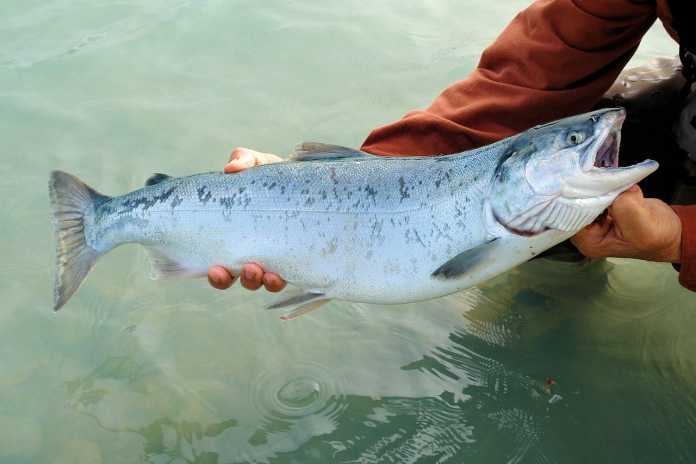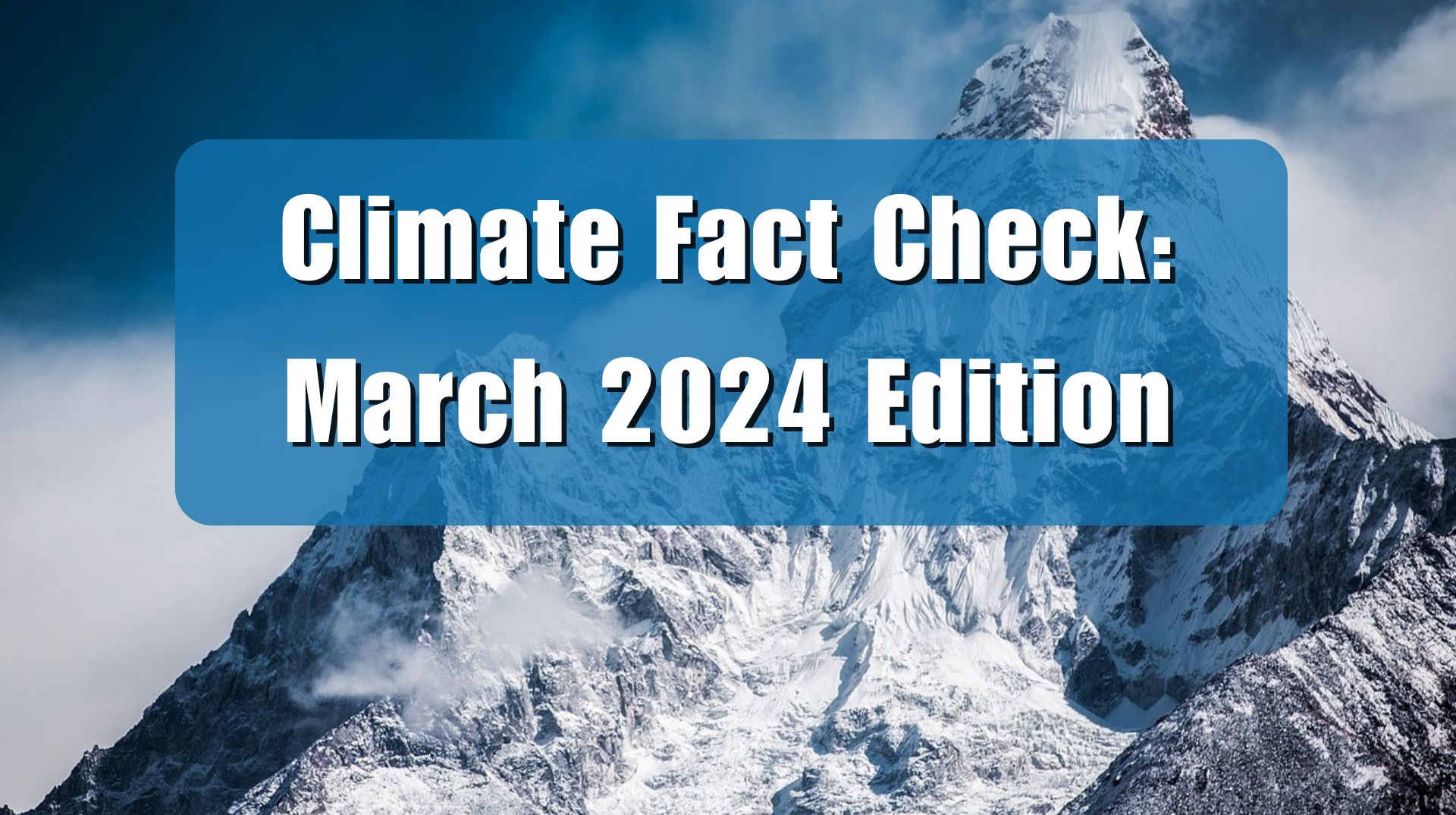Global warming is opening up thousands of miles of new habitat for salmon along the coast of Alaska and western Canada, a team of Canadian, American, and Swiss scientists report in a peer-reviewed study this week. The study, “Glacier retreat creating new Pacific salmon habitat in western North America,” highlights that rivers of water are far more bountiful for life than rivers of solid ice.
“Glacier retreat is creating new streams and lakes that salmon can colonize” and “creating frontiers for emerging fisheries,” the study reports.
The study, published in Nature Communications, finds that nearly 4,000 miles of new salmon habitat will likely open up by the year 2100, with more than 1,000 miles of that habitat being well-suited for spawning.
The study notes, for example, that after the retreat of a glacier in Glacier Bay, Alaska, “pink salmon abundance grew to [more than] 5,000 adult spawners” within a new stream-and-lake system created by the retreating glacier.
“[G]lacier retreat will create thousands of kilometers of new streams accessible for colonization by Pacific salmon, many of which are potentially suitable for spawning and juvenile rearing,” the scientists summarize.
The peer-reviewed study destroys assertions by climate activists and the corporate media that global warming is creating a salmon crisis.
For example, Inside Climate News published a 2019 article titled, “Global Warming Is Pushing Pacific Salmon to the Brink, Federal Scientists Warn.” The article claims global warming is reducing the number of rivers and streams available for salmon habitat.
The World Wildlife Fund published an article titled, “Sockeye salmon and climate change: In Alaska’s Bristol Bay, salmon – and all who depend on them – are at risk.” The article claims, “Climate change is arguably the most desperate threat to sockeye salmon” and, in an assertion directly contradicted by the new, peer-reviewed study, “The heat also reduces snowpack and causes glaciers to retreat, which means the rivers and streams have less water.”
By making conclusory assertions about there being less habitat for Pacific salmon, climate activist groups are doing what they always do – simply making up speculative crises while being ignorant of or purposefully misstating the truth.
Fortunately, we will continue to report the truth here at Climate Realism.
















